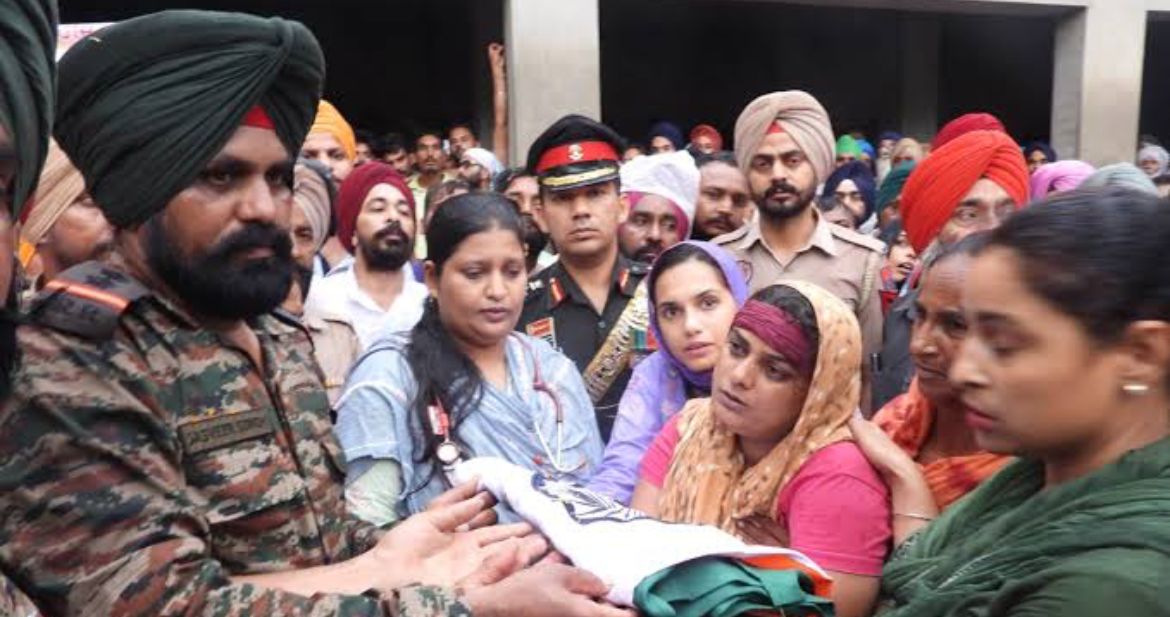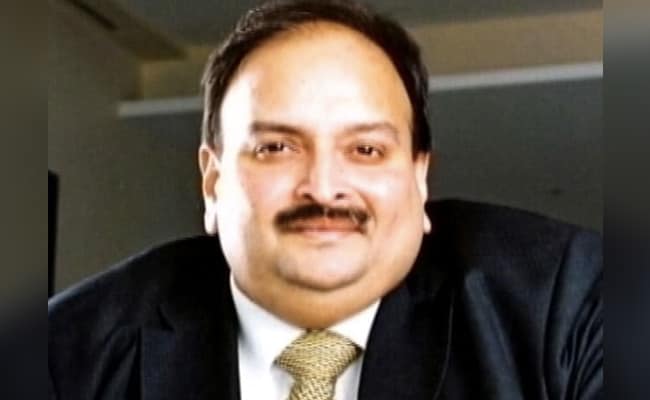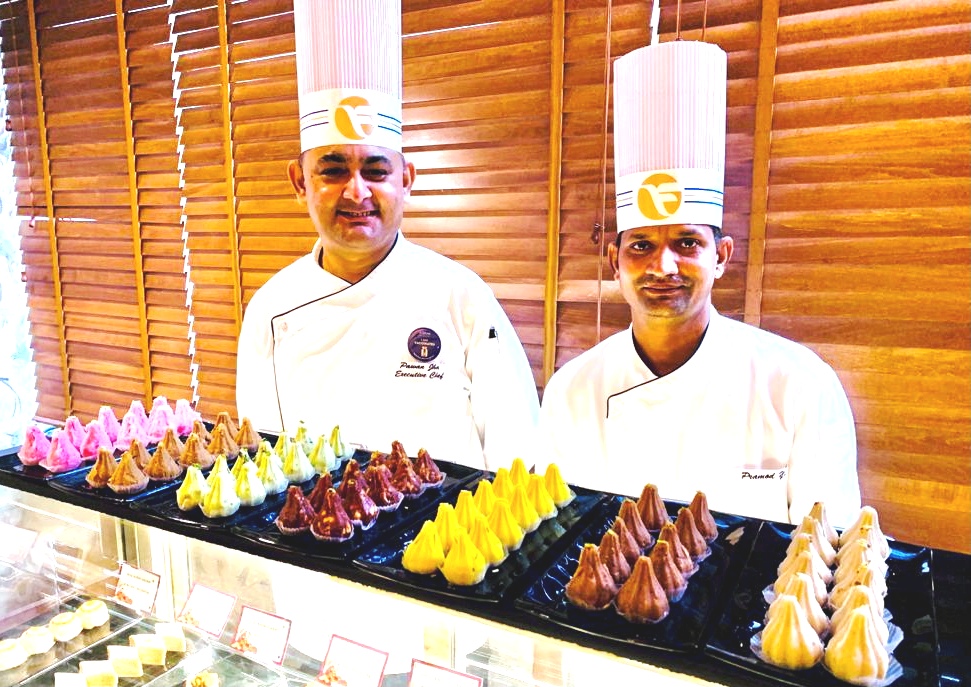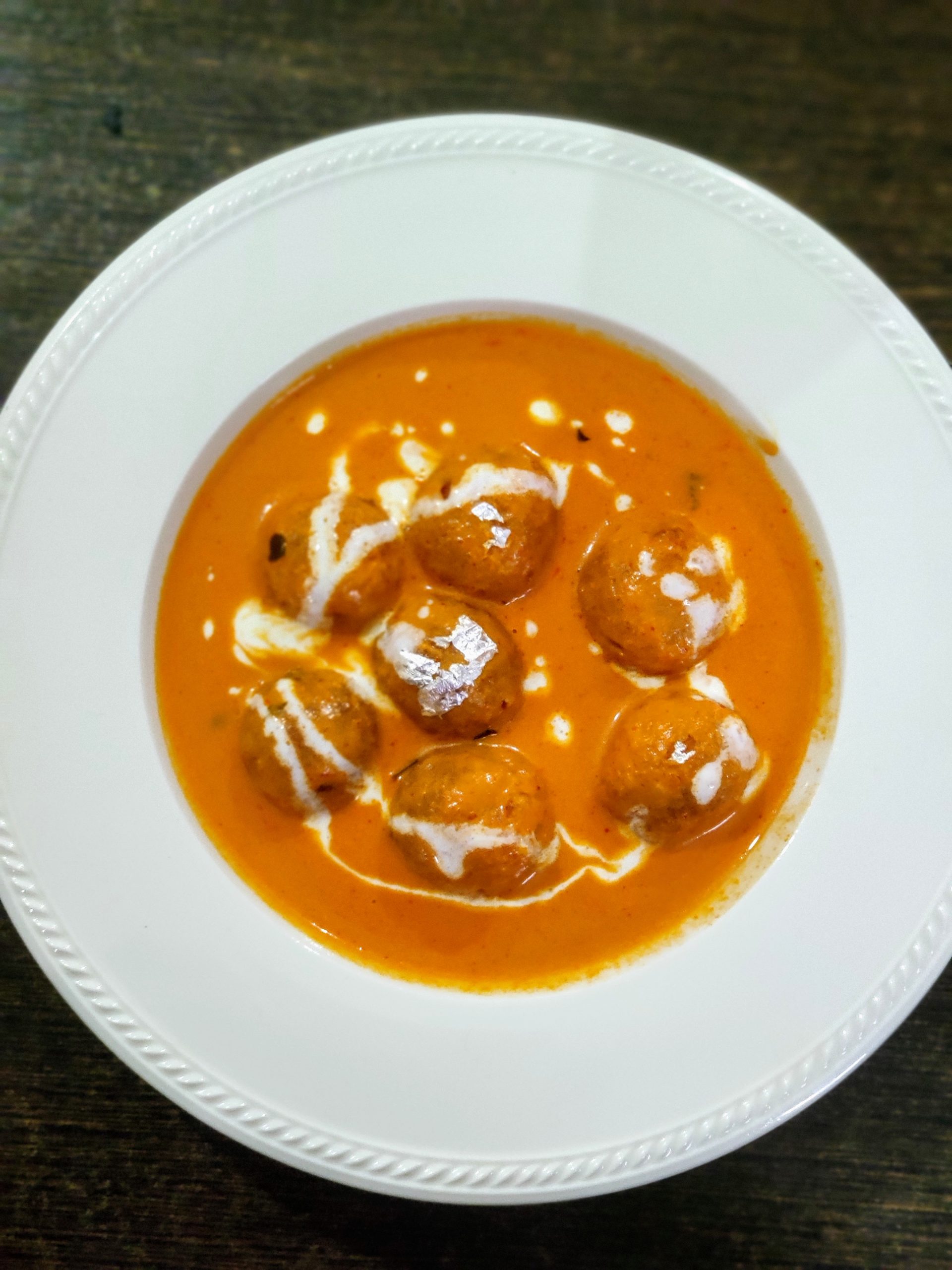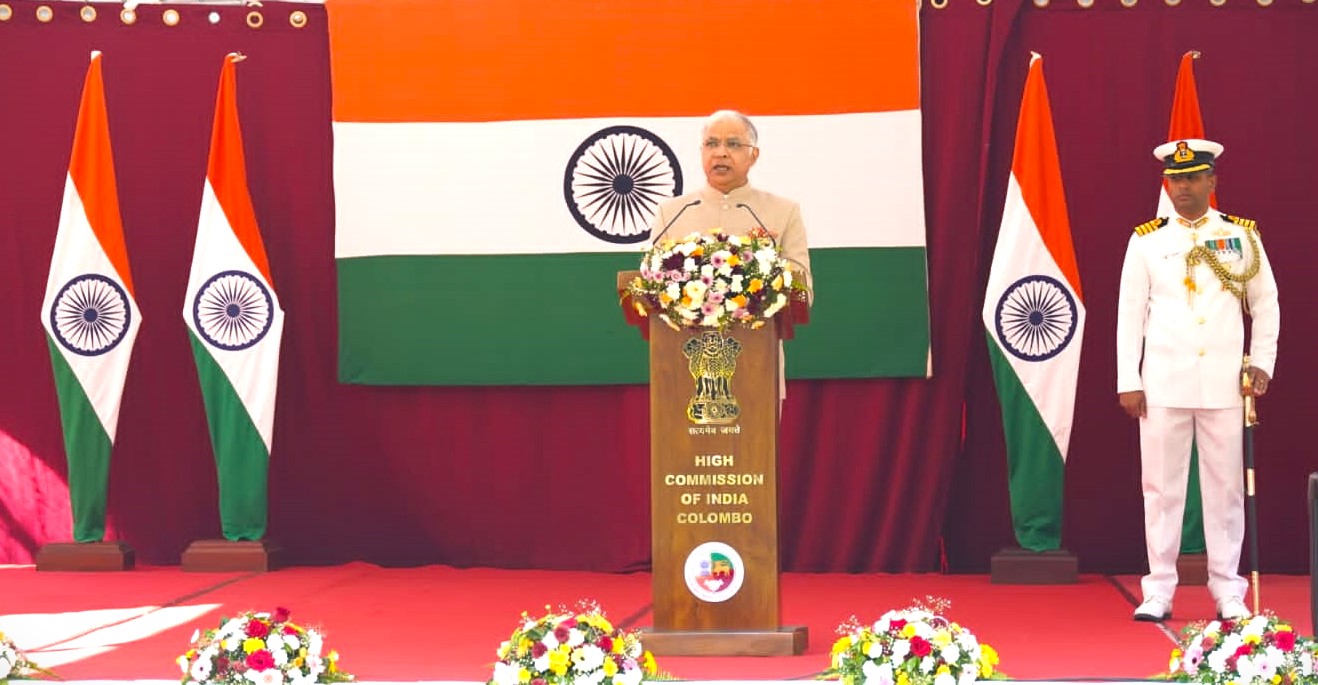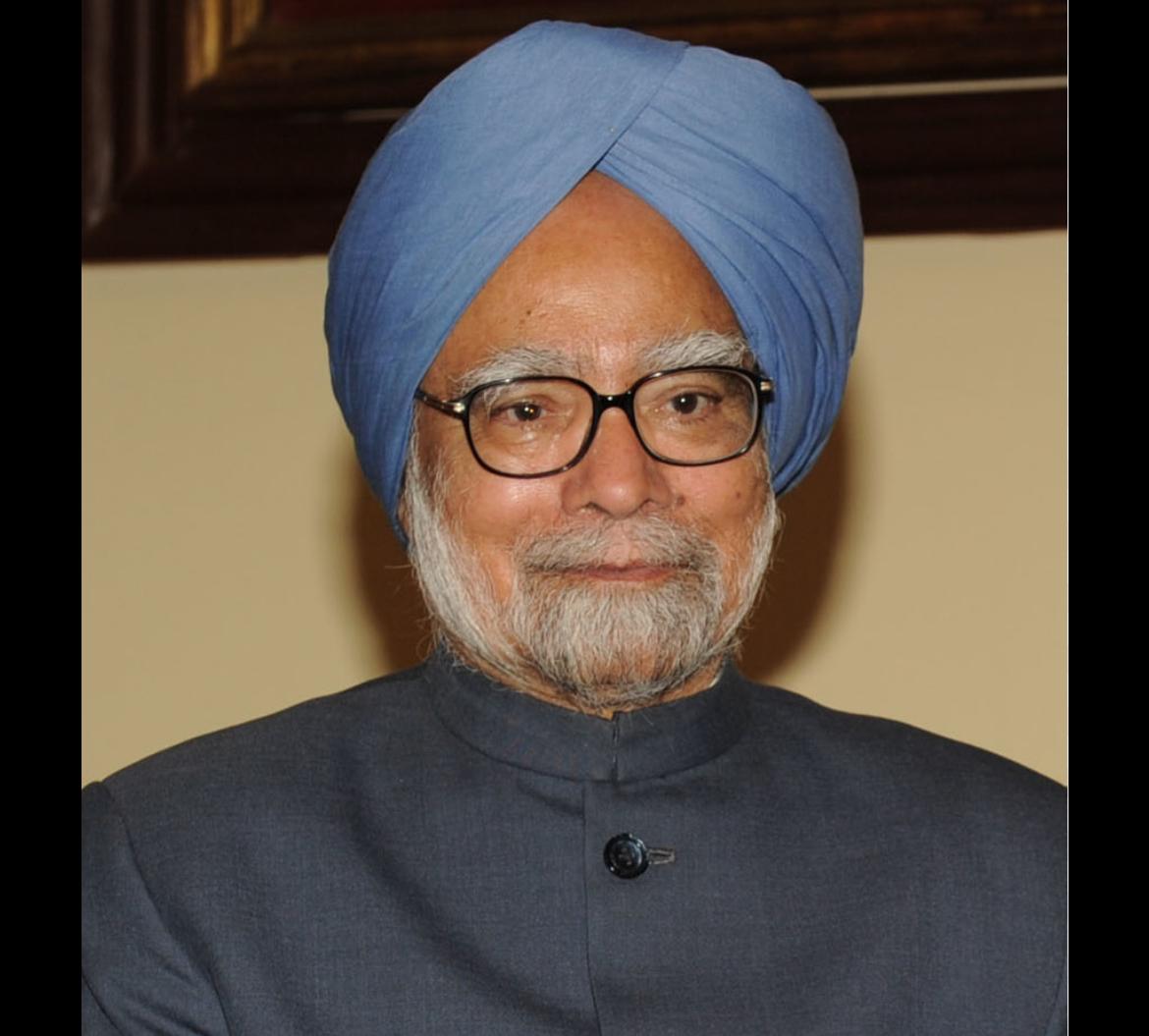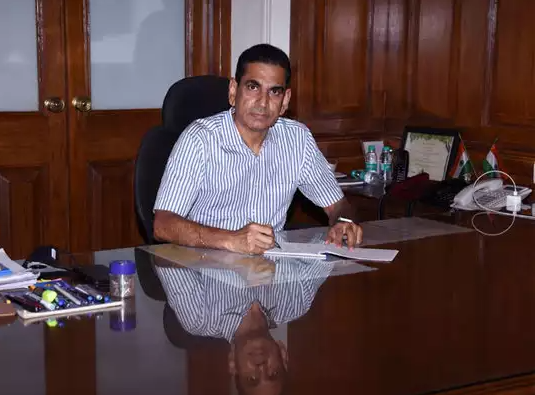Punjab, the land of five rivers and warriors, has long stood at the forefront of India’s military service. Known for its rich history of bravery, the state has contributed disproportionately to the Indian Army, with countless soldiers laying down their lives to protect the nation. But while the soldiers’ courage in battle is celebrated, the sacrifices made by their families, particularly their widows, often go unnoticed. These Veer Naris (brave women) shoulder the heavy burden of loss, rebuilding their lives and raising their children while honoring the legacies of their fallen husbands. While Punjab’s contribution is significant, soldiers from every state across India have made similar sacrifices, leaving behind families and widows who continue to live with the pain of their loss.
Punjab’s Immense Contribution to the Indian Armed Forces
Despite representing only about 2.3% of India’s population, Punjab is responsible for nearly 20% of the Indian Army’s personnel. This tradition of military service is deeply ingrained in the state’s history and culture. The Punjabi ethos of bravery and duty makes the state a key contributor to the Indian defense forces, with regions such as Amritsar, Gurdaspur, Patiala, Jalandhar, and Ludhiana sending a significant number of soldiers to the army.
– In the last decade alone, over 1,100 soldiers from Punjab have been martyred in various operations, including the 1971 Indo-Pak War, the Kargil War, and the Galwan Valley conflict in 2020.
– Punjab’s contributions are not just limited to numbers, but also to heroic actions and victories in key battles, such as the Battle of Longewala and anti-terror operations in Jammu and Kashmir.
Honoring Punjabi Soldiers and Their Widows: Names and Stories
1. Major Kuldip Singh Chandpuri (Patiala)
– Major Kuldip Singh Chandpuri, a legend from Patiala, led the defense of Longewala in the 1971 Indo-Pak war, where his small battalion of 120 soldiers fended off an attack by over 2,000 Pakistani troops. He was awarded the Maha Vir Chakra for his bravery.
– His widow, Amrit Chandpuri, has become a beacon of pride in Patiala, sharing her husband’s legacy with the younger generation and keeping the flame of his valor alive.
2. Captain Sandeep Singh (Gurdaspur)
– Captain Sandeep Singh of Gurdaspur was martyred in 2018 during an anti-infiltration operation in Kashmir’s Tangdhar sector. His widow, Mandeep Kaur, now raises their two young daughters, continuing to live with pride but facing the immense challenge of raising her family alone.
– The Punjab Government provided financial compensation and a government job to support her family, recognizing the captain’s sacrifice.
3. Lance Naik Mandeep Singh (Amritsar)
– Lance Naik Mandeep Singh from Amritsar, martyred in cross-border shelling along the Line of Control (LoC) in Poonch in 2020, left behind his wife, Harpreet Kaur, and two children. Despite the immense loss, she remains a symbol of strength in her community, continuing to honor her husband’s memory.
The Nation’s Tribute: Soldiers and Widows from Across Indian States
While Punjab has earned its place as a significant contributor to India’s military, soldiers from every Indian state have made the ultimate sacrifice. From Telangana in the south to Jammu and Kashmir in the north, and from the Northeast to Maharashtra, India’s defense forces are a reflection of the nation’s diversity, united in a common mission of service to the country.
1. Colonel Santosh Babu (Telangana)
– Colonel Santosh Babu from Suryapet, Telangana, was martyred in the Galwan Valley clash in 2020, leading his troops during a standoff with Chinese forces in Ladakh. His widow, Santoshi Babu, was offered a government job by the Telangana government and continues to raise their children while carrying forward the legacy of her brave husband.
2. Captain Tushar Mahajan (Jammu and Kashmir)
– Captain Tushar Mahajan of Udhampur, Jammu and Kashmir, was martyred in 2016 during a counter-terrorist operation in Pampore. His widow, Arti Sharma, continues to participate in welfare programs for the families of soldiers and lives in Udhampur with their young son.
3. Havildar Hangpan Dada (Arunachal Pradesh)
– Havildar Hangpan Dada, from Borduria, Arunachal Pradesh, was awarded the Ashoka Chakra posthumously for his heroism during an anti-infiltration operation in Kashmir. His widow, Chasen Lowang Dada, remains a prominent figure in her community, ensuring his sacrifice is not forgotten.
4. Subedar Joginder Singh (Himachal Pradesh)
– Subedar Joginder Singh from Himachal Pradesh was posthumously awarded the Param Vir Chakra for his bravery in the 1962 Sino-Indian War. His widow, Bibi Gurdial Kaur, continues to share his heroic story with younger generations, inspiring many to join the armed forces.
Statistical Overview: Soldiers and Widows Across India
India’s diverse military force draws soldiers from all states, and with each sacrifice comes a widow who must carry on. Below are some statistics that highlight the scope of India’s military contributions and the resulting impact on their families:
– Punjab: With 20% of the Indian Army hailing from this state, over 1,100 soldiers from Punjab have been martyred in the last decade.
– Uttar Pradesh: As the most populous state, UP has contributed significantly to India’s military, with over 250 soldiers martyred between 2015 and 2020 in various operations.
– Rajasthan: Known for its martial tradition, Rajasthan has seen more than 100 martyrs in the last decade, particularly in cross-border conflicts and insurgency operations.
– Jammu and Kashmir: Due to its location and conflict zones, soldiers from J&K have frequently been involved in high-risk operations, with scores of soldiers from the region sacrificing their lives.
– Telangana and Andhra Pradesh: Over 150 soldiers from these states have been martyred in the past 15 years, serving in diverse regions, including Kashmir and the northeast.
Financial Support and Welfare Schemes for Army Widows Across India
Governments at both the central and state levels have introduced a range of welfare schemes to support the families of martyred soldiers. These include pensions, financial compensation, job reservations, and education scholarships to ensure that families, particularly widows and children, are not left unsupported.
1. Family Pension and Ex-Gratia Payments
– Widows of soldiers are entitled to a 60% family pension of the last drawn salary, with full pension awarded in cases of combat-related deaths. The Punjab Government provides an ex-gratia payment of ₹50 lakhs to martyrs’ families, while other states offer various forms of compensation ranging from ₹25 to ₹30 lakhs.
2. Prime Minister’s Scholarship Scheme
– This scheme provides educational scholarships of up to ₹36,000 per year for the children of martyrs, helping them cover education costs and secure a bright future. Thousands of families across India, including in Punjab, benefit from this program.
3. Job Quotas and Vocational Training
– Many state governments offer job quotas for widows, including 5% job reservations in Punjab for Group C and D positions. Vocational training programs by organizations like the Army Wives Welfare Association (AWWA) help widows become financially independent.
4. Housing and Education Benefits
– The Army Welfare Housing Organization (AWHO) offers affordable housing schemes to widows across the nation, ensuring they have a secure place to live. Additionally, state governments provide free education for the children of martyrs, ensuring they can pursue their dreams.
Emotional and Social Challenges Faced by Army Widows
While financial assistance helps provide security, the emotional and social challenges faced by army widows, particularly in rural areas, are profound.
– Social Stigma: In rural Punjab and other conservative regions, over 60% of widows report experiencing some form of social exclusion or stigma after the death of their husbands. Many are pressured to remarry or return to their parental homes.
– Mental Health: Across India, 75% of army widows suffer from emotional trauma, including depression and anxiety. Mental health services remain a challenge, especially in rural areas.
Conclusion: A Nation’s Gratitude to Its Soldiers and Widows
From Punjab to Telangana, and from Jammu and Kashmir to Rajasthan, India’s soldiers have displayed unparalleled courage in defending the country. Their widows, the Veer Naris, continue to carry forward their legacies, raising their children and navigating life without their husbands.

Surjitt Sahani

